Treatment Options
There are several types of oral appliances that can treat snoring and sleep apnea.
Treatment Options
There are several types of oral appliances that can treat snoring and sleep apnea. Since every patient has individual needs, Dr. Priemer utilizes a variety of appliances that have different strengths and weaknesses to obtain an optimal result. Although Dr. Priemer is familiar with many appliances, he focuses on the SomnoDent Avant Appliance.In certain circumstances he may also recommend a tongue retaining device. Other devices he may use are the SUAD or EMA appliance and he is continually evaluating new appliance designs.
Dental appliances are a breakthrough in treatment options for mild to moderate obstructive sleep apnea or severe sleep apnea when CPAP is not the preferred option. Portable and relatively comfortable, these devices are a good alternative to other treatment options. There are several different appliances Dr. Priemer recommends based on the needs of the patient. Upon meeting with you, Dr. Priemer will conduct an examination and then suggest which appliance is best for your needs.
ORAL APPLIANCES WE OFFER
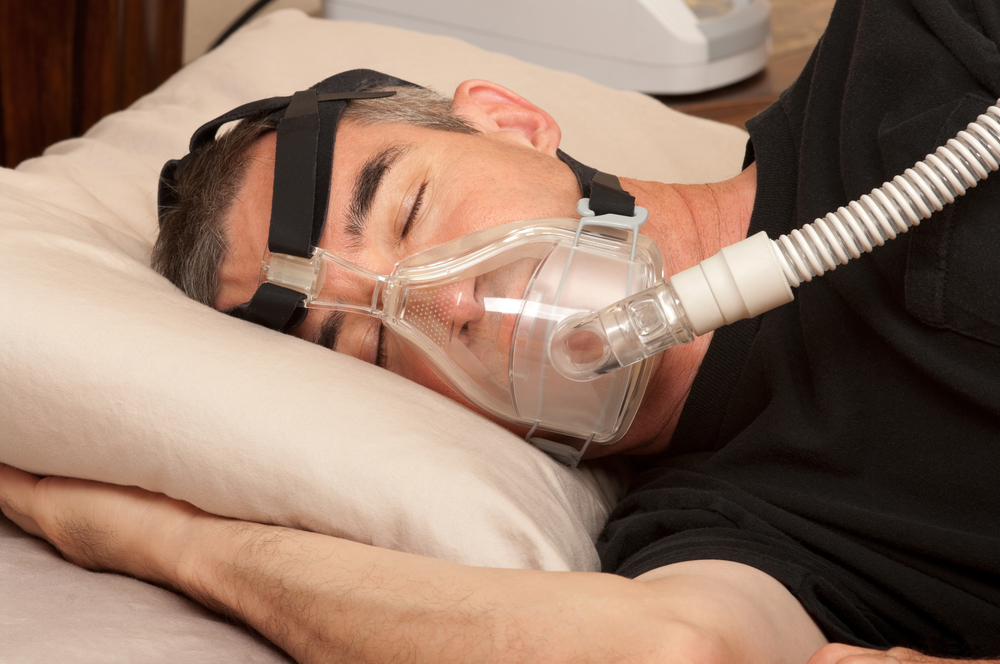
CPAP MACHINE
CPAP is a machine which blows air at a particular pressure inside the airway passage of the affected person. This in turn enables smooth and easy breathing for the patient.
Advantages
- Gold standard of care for severe sleep apnea
- Safe
- Effective
- Immediate relief
- Studies show that CPAP helps the heart to function better, including the control of cholesterol
Disadvantages
- Difficult to use, so many patients tend to stop its use within the first year
- May be claustrophobic, uncomfortable or embarrassing. Only proper fit can avoid discomfort
- The machine may sometimes turn out to be noisy
- A lifelong treatment using CPAP can be difficult psychologically
- Not portable
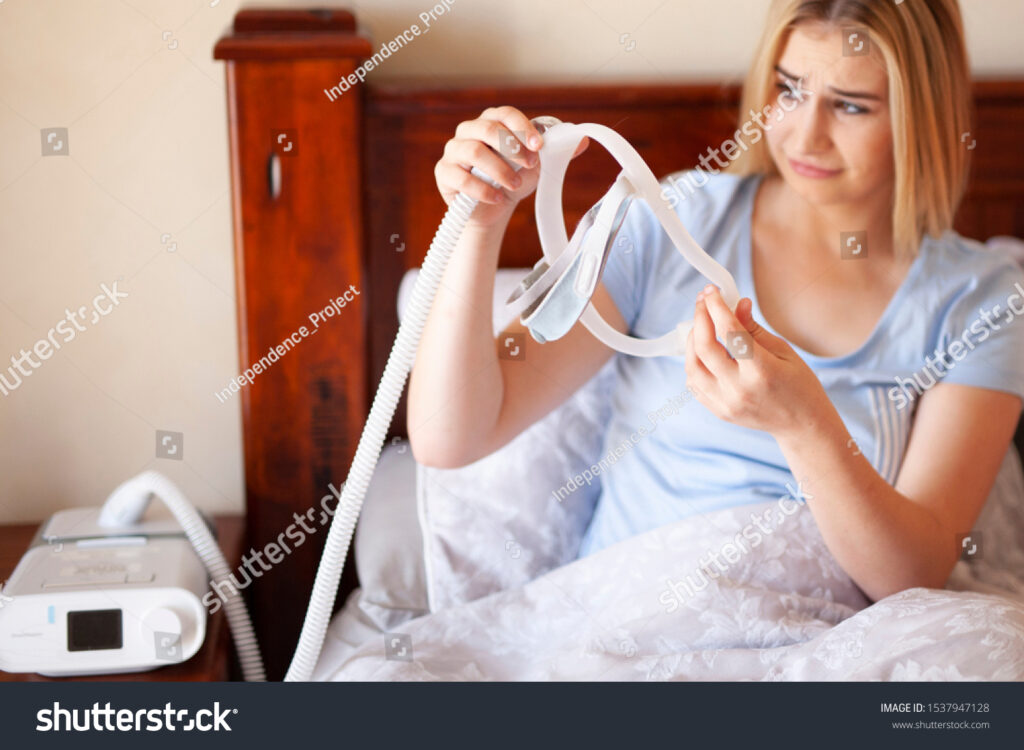
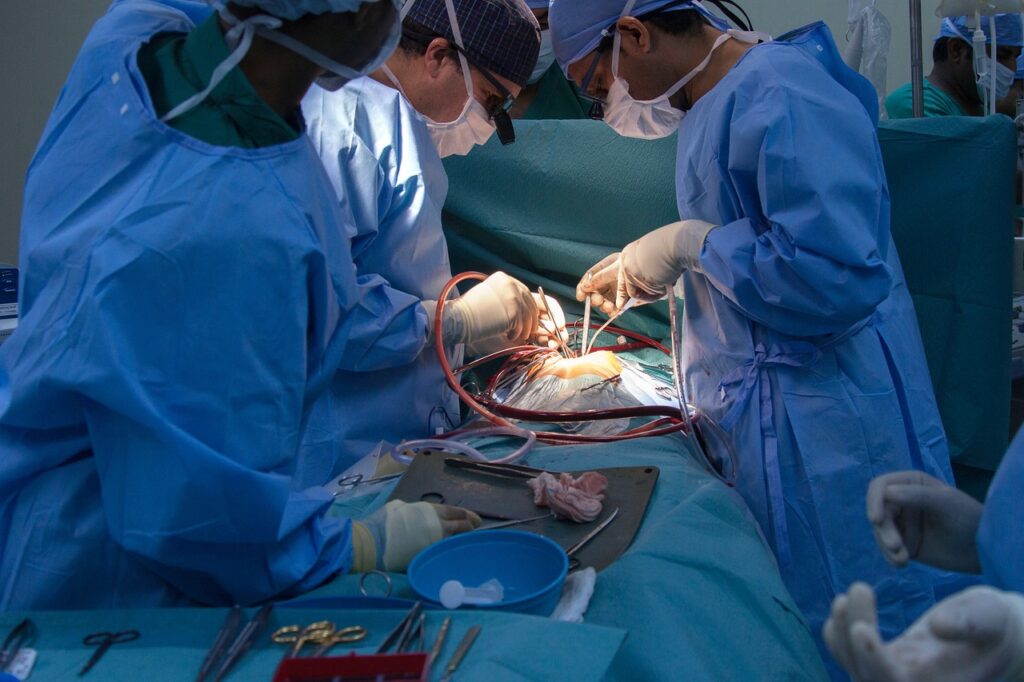
SURGERY
Types of Procedures:
- Nasal airway surgery
- Palate implants
- Uvulopalatopharyngoplasty
- Tongue reduction
- Genioglossus advancement
- Hyoid suspension
- Maxillomandibular procedures
- Tracheostomy
- Bariatric surgery and
- Combinations of the above
Advantages
- Avoids use of CPAP or night-time appliances
- Can provide permanent relief
Some risks associated with surgery include:
- Pain
- Bleeding
- Infection
- Scar tissue
- Loss of work
- Change in voice
- Problems swallowing
- Failure to cure sleep apnea
- Anaesthesia risks (including allergic reaction, stroke, heart attack and death)
- As well as other unforeseen surgical complications
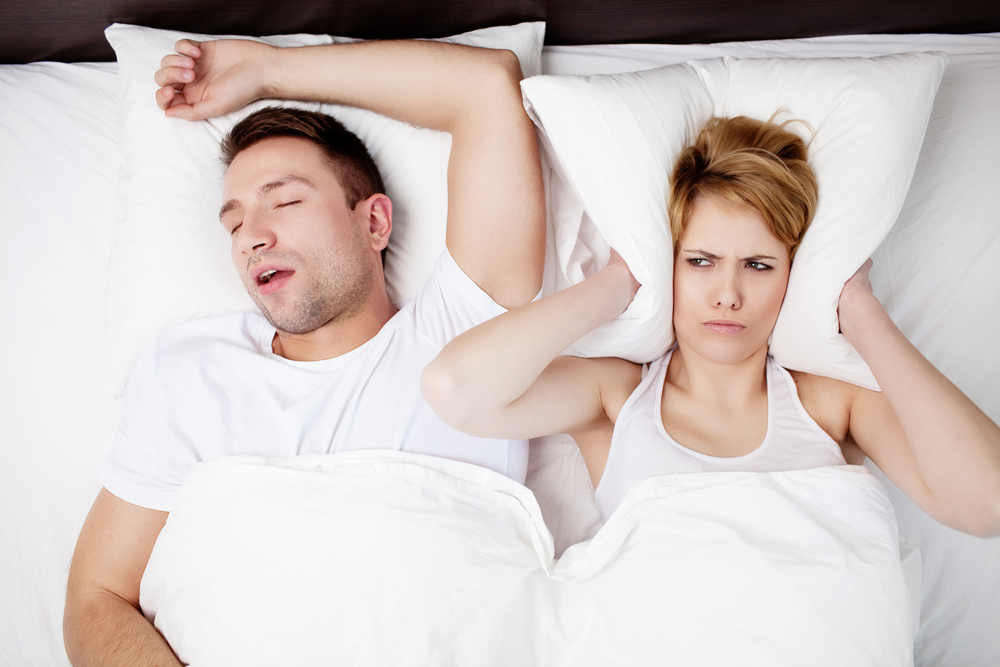

LIFESTYLE CHANGES
- Weight loss
- Eliminate the use of alcohol, tobacco and sedatives such as sleeping pills
- Sleep on your side
- Regularize your sleep hours
Advantages
- Un-intrusive
- Can be done independently
- May work in mild cases
Disadvantages
- Difficult to maintain
- Does not work in moderate to severe cases
DENTAL APPLIANCES
A small oral appliance, best fitted by a dentist with special training, that pushes the jaw slightly forward allowing better airflow.
Advantages
- Easier to use and easier to maintain when compared to other complicated devices like CPAP (continuous positive airway pressure)
- Studies show most patients prefer its use to CPAP
- Improvement in sleep in many patients
- Extraordinary reduction in snoring in many patients
- Dental devices are small in size and as such can be conveniently used even when the patient is traveling
- Oral appliances are considered to be more effective than most types of surgery
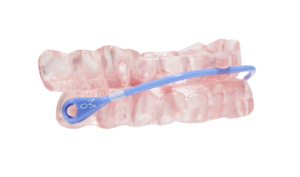
Disadvantages
- Most effective in mild to moderate cases but it is recommended for severe sleep apnea if CPAP can’t be tolerated
- Requires regular dental supervision to ensure proper use
- May produce side effects such as soreness; damage to jaw, teeth and mouth; saliva build-up and in rare cases nausea
- Permanent changes in the position of teeth and jaw occur in some cases where patients use it on a long term basis

